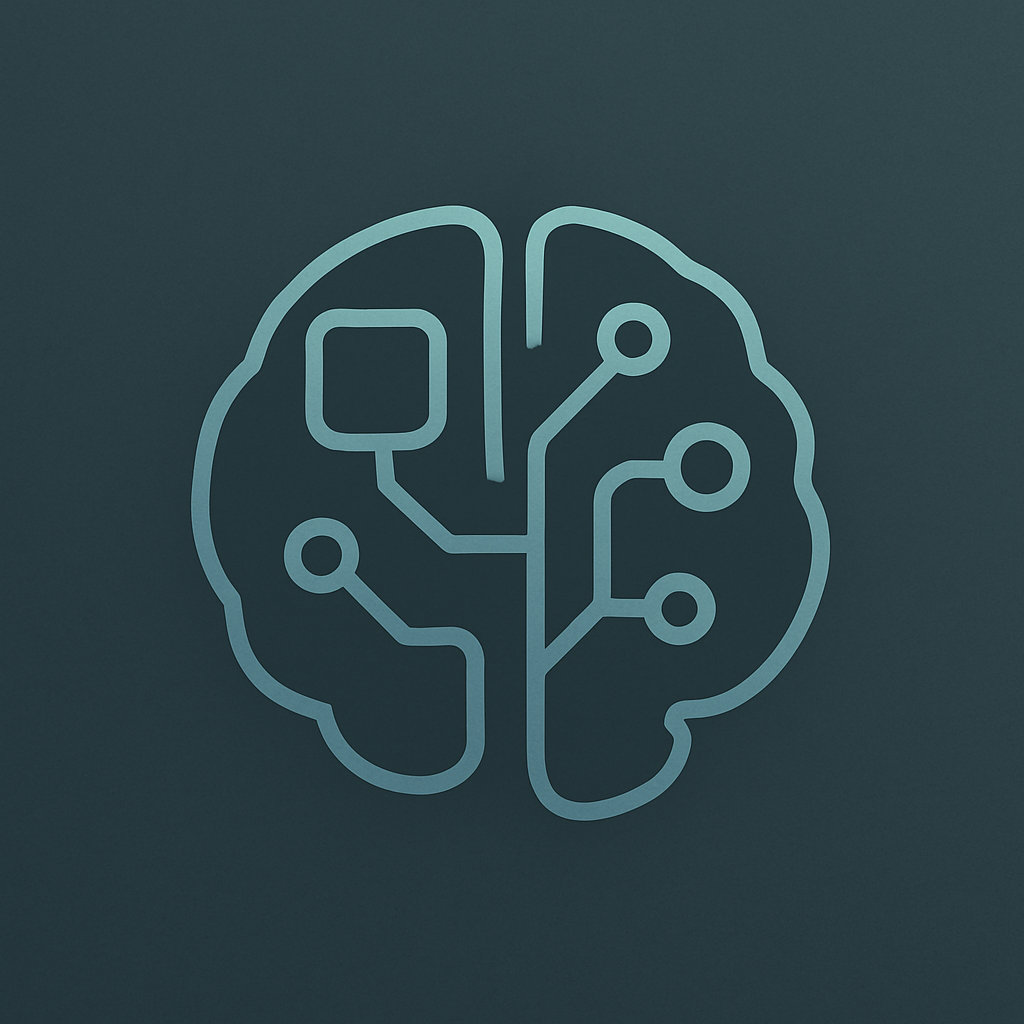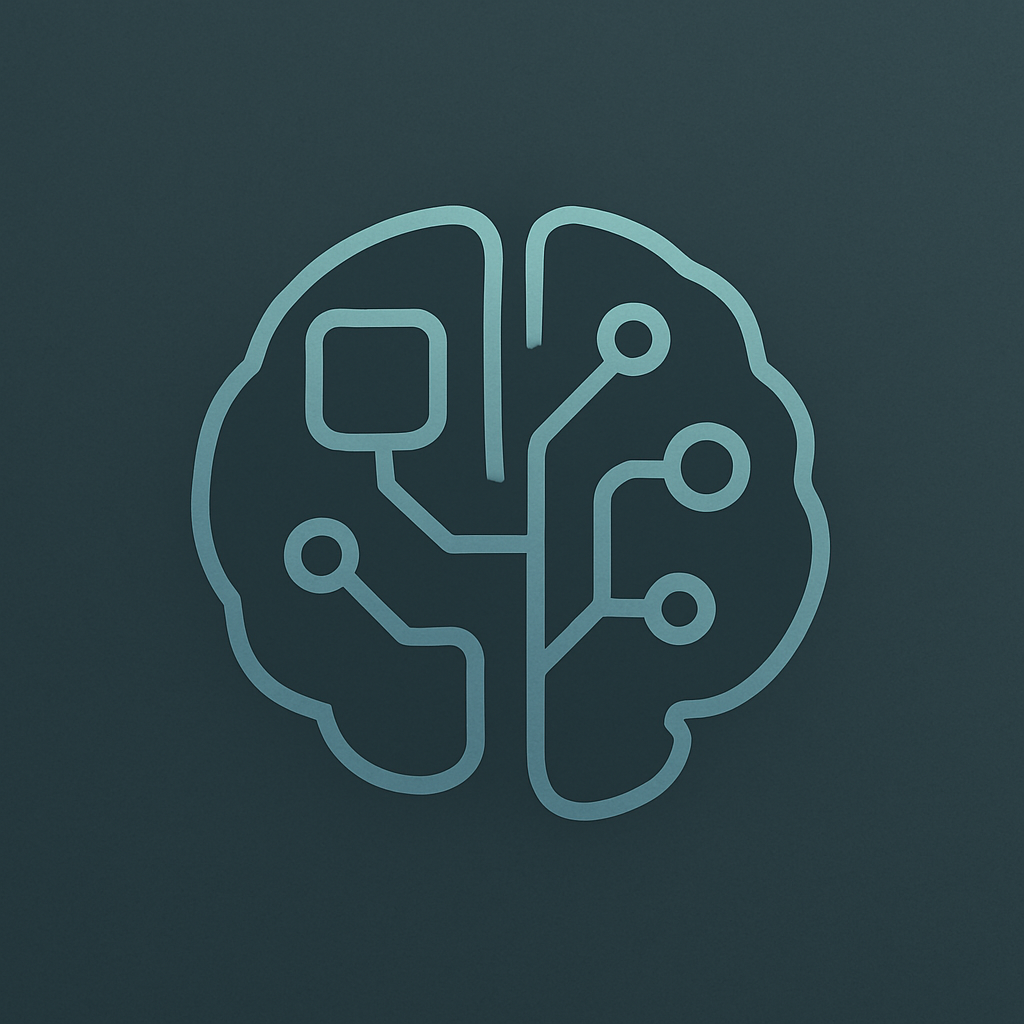Software Industry's Value Migration in the AI Era - Beyond Commoditization of Functions To Orchestration and Governance - AI时代软件行业价值迁移 - 从功能商品化到编排与治理
Beyond commoditizing functionalities, how is AI actually shifting software's value towards orchestration and governance, rather than obliterating the industry?
EN
Key Logic
Despite recent market over-panic due to AI's substitution effect, which led to a sharp decline in relevant company stock prices, AI is not poised to "obliterate" the entire software industry. Instead, AI will prompt a shift in software's value from providing standardized functionalities to offering orchestratable components, data capabilities, implementation and governance services, as well as core foundational capabilities. The central argument is that AI commoditizes software "functionality" but simultaneously significantly increases the complexity and barriers to "orchestration and governance," making it more critical for enterprises to focus on building controllable, auditable, and integrable AI runtimes and "last-mile" industry knowledge integration.
Market Panic Over AI's Substitution Effect and Current Industry Status
- Recent discussions surrounding AI's substitution effect have been rampant, leading to the relentless discarding of relevant company stocks, where even minor performance flaws are seen as "tears of the AI era."
- The earnings season proved to be even more frenzied than anticipated; any company showing signs of being supplanted by AI would see its stock price plummet.
- This sentiment has spread throughout the software industry. Apart from a few giants like Microsoft and Oracle, other major players, including CRM, Adobe, and Workday, are facing their worst performance in years.
- Currently, B2B AI applications are progressing slowly due to issues like data governance and unclear ROI, leading to a delay in AI business scaling. The market fears that companies might be completely replaced by AI.
- A widespread misconception has emerged in the market, suggesting that the entire software industry will be "wiped out," even questioning the future existence of application software companies like Microsoft.
- Question: Will enterprises develop all kinds of software themselves once AI makes coding easier?
- Viewpoint: AI makes "writing a single function" increasingly cheaper, allowing everyone to "do a bit of software," but "building foundational platforms, systems, and governance" remains difficult.
- The software industry paradigm will shift from "selling finished functionalities" to "selling orchestratable components + data capabilities + implementation and governance services."
- Generic functionalities are being commoditized, while last-mile industry knowledge, data, and process integration become more valuable.
Value Migration in the Software Industry During the AI Era
- From Functional Differentiation to Process/Data Differentiation:
- Achieving 80% functionality is something anyone can do.
- The difficulty lies in embedding functionalities within an enterprise's unique data, permissions, compliance, and business rhythm.
- From Purchasing "Boxed Applications" to Purchasing "Platform Foundations," and Building the "Last Mile" In-house:
- High-reusability foundational components like Identity and Access Management (IAM/PAM), Security Auditing, Data/Vector Retrieval, Agent Orchestration, Observability and Governance are more worth purchasing.
- The "last mile" components, such as prompts/tool calls/forms & approvals/business policies, which are closely tied to processes, are more suitable for in-house development or co-development with service providers.
- From "Point Solutions" to "Agent-driven Runtimes":
- More and more work is executed through "Task → Toolchain → Feedback Loop" workflows.
- This necessitates a Governance Layer for Policies, Tracing, Rollbacks, and Risk Control, which represents a new moat for the software industry.
CN
Key Logic
尽管近期市场因AI的替代效应而对软件行业表现出过度恐慌,导致相关公司股价暴跌,但AI并非要“团灭”整个软件行业。相反,AI将促使软件行业的价值从提供标准化功能转向提供可编排的组件、数据能力、落地与治理服务,以及核心底座能力。其核心论点是AI使软件的“功能”商品化,但同时显著增加了“编排与治理”的复杂性和门槛,使得企业更需要专注于构建可控、可审、可集成的AI运行时和“最后一公里”的行业知识集成。
市场对AI替代效应的恐慌及行业现状
- 近期围绕AI替代效应的讨论甚嚣尘上,导致相关公司股价遭遇无情抛弃,业绩的微小瑕疵都被视为“AI时代的眼泪”。
- 财报季的疯狂程度超出预期,任何公司只要出现被AI替代的苗头,股价都会暴跌。
- 情绪已蔓延至整个软件行业,除了Microsoft和Oracle等少数巨头,包括CRM、Adobe、Workday等在内的其他巨头都面临近年最差走势。
- 当前B2B AI应用因数据治理、ROI不明确等问题推进缓慢,导致AI业务迟迟未能放量,市场担忧公司可能被AI完全替代。
- 市场普遍产生一种错觉,认为软件行业整体将被“团灭”,甚至质疑Microsoft等应用软件未来的存在意义。
- 疑问:AI让coding更容易后,企业是否都会自行开发各种软件?
- 观点:AI使“写出一个功能”变得越来越便宜,人人都能“做一点软件”,但“做底座、做系统、做治理”依然困难。
- 软件行业形态将从“卖成品功能”转向“卖可编排的组件 + 数据能力 + 落地与治理服务”。
- 通用功能被压价,而最后一公里的行业知识、数据与流程整合变得更有价值。






